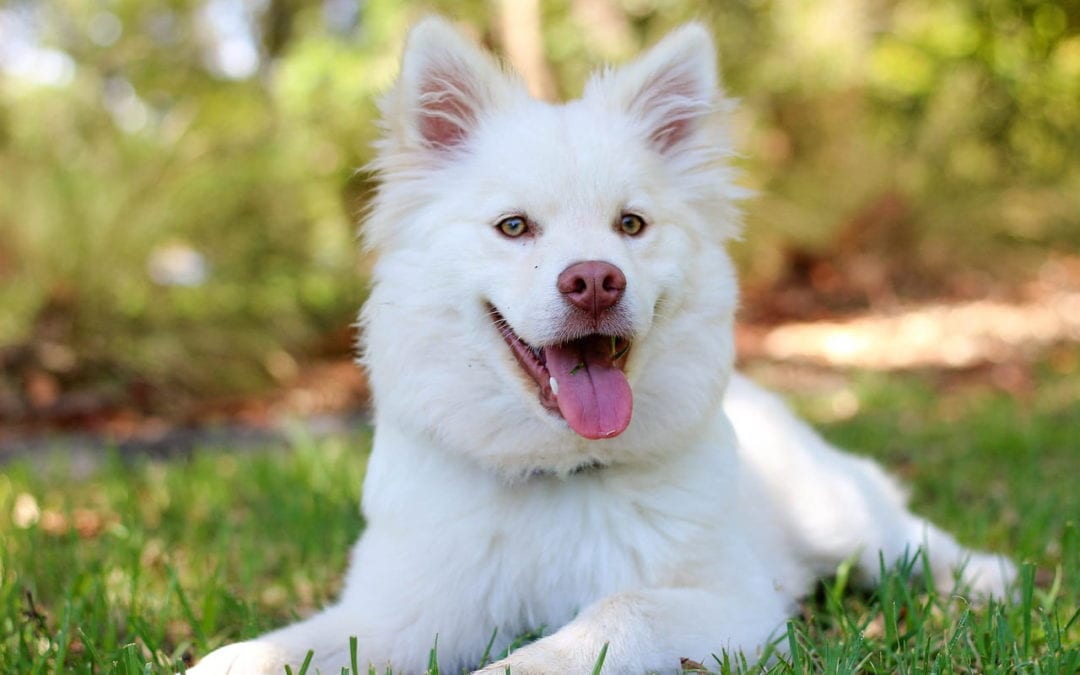One of the best weapons in the fight against pet periodontal disease is actually a very simple tool: a toothbrush.
Some pet owners giggle, groan or roll their eyes when their veterinarian tells them they should be brushing their pets’ teeth. The idea of sticking a bristled brush into the mouth of a dog or cat does seem kind of comical — or like a huge hassle. Although it may sounds like a daunting task, brushing your pet’s teeth is not as hard as you might think.
First Things First
As a member of your family, your pet deserves to receive the same attention to her teeth as you would give to your kids’ teeth. Ideally, you want to begin dental care when your pet is a youngster. Before you begin brushing, ask your veterinarian to examine the condition of your pet’s teeth. Starting with a clean slate is important, so your veterinarian may recommend a professional dental cleaning. From there, brushing your pet’s teeth at home can also help keep periodontal disease at bay.
Let the Brushing Begin
Veterinarians recommend brushing your pet’s teeth every day. The only things you need are a toothbrush and a pet-friendly toothpaste.
For the toothbrush, look for a soft-bristled toothbrush with small-diameter nylon bristles. The toothbrush should also be sized appropriately to fit your pet’s mouth. Toothbrushes can be purchased at pet stores, but some of these can be large. For a pet with a smaller mouth, you might try a human pediatric toothbrush, a finger brush, or a toothbrush developed specifically for cats (these also work well for small dogs).
For pet-friendly toothpaste, make sure to use toothpaste made specifically for animals. Human toothpaste can contain xylitol, a sugar substitute that is toxic to dogs. Even if your toothpaste isn’t sugar free, it can contain foaming agents that can cause stomach upset if swallowed. As an added bonus, you’ll find that toothpaste for pets comes in flavors that appeal to animals, such as beef or chicken.
Don’t Give Up
Brushing your pet’s teeth may seem like a challenge at first. However, after a few weeks of working with your pet, you will find that brushing her teeth becomes as routine as brushing your own. In the end, helping to protect your pet’s health is worth it.
For any other questions, contact us! We can help you learn more about your pet’s dental needs at your next appointment.


